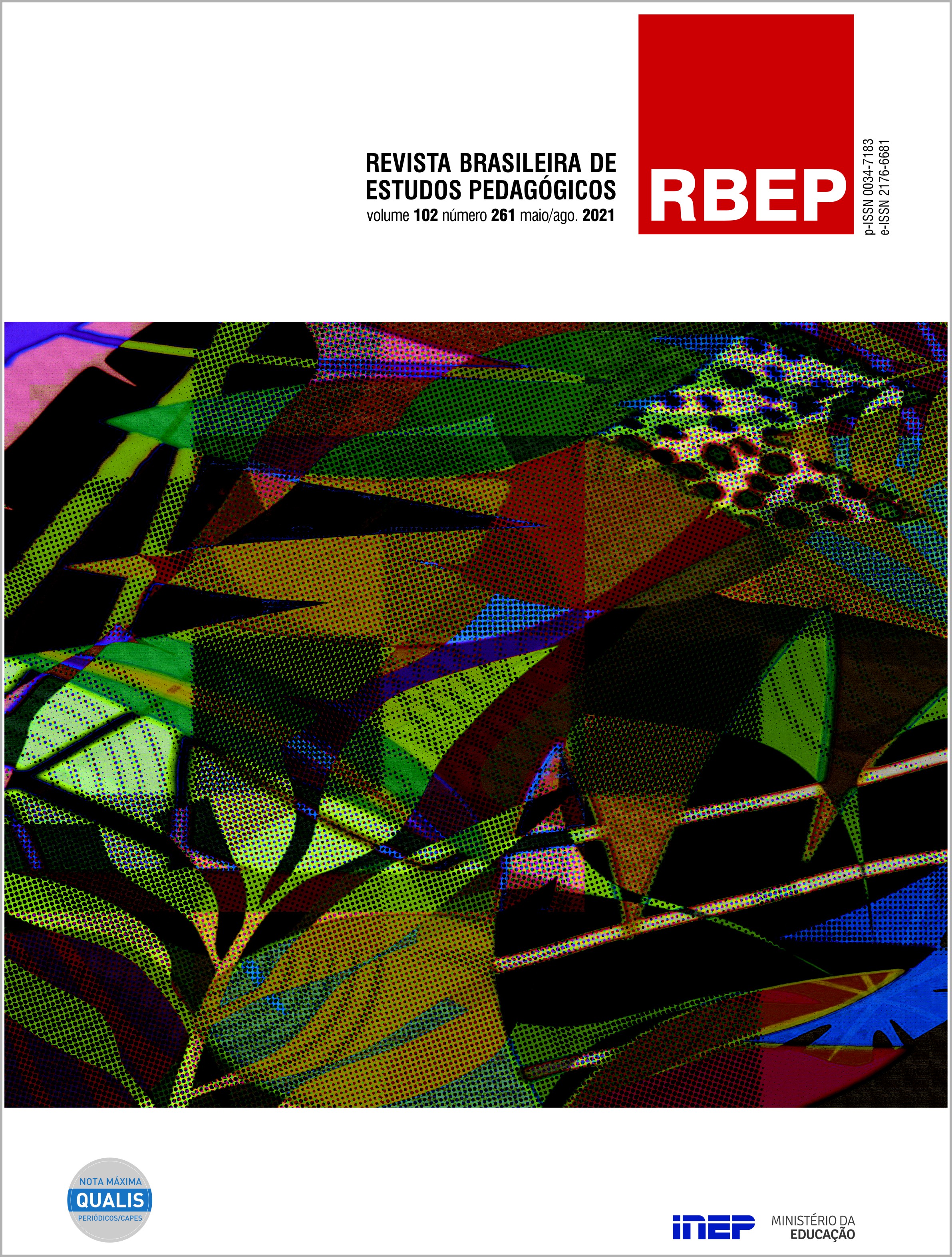Weaving and subsidizing a children and youth’s literary product for the teaching of African and afro-Brazilian history and culture
Abstract
There are potentialities in the use of children and youth’s literature in the perspective of the education of ethnic-racial relations, as proposed in the Brazilian legal document Lei nº 10.639/2003. Therefore, the tale Grandma Estela's terreiro, our little piece of Africa was written to introduce the story of Luanda and her grandmother Estela, who grows healing leaves in her backyard; which are used for prayers, teas, baths and smoking. While propelling its publication and circulation in different educational spaces, it is important to acknowledge that its content must be submitted to social actors for evaluation. Thus, this study aims to evaluate the tale from its reception by a group of teachers, writers and researchers. The evaluation format for the reception was developed through a content validation process, in which it was possible to better measure the possibilities for use, criticism and changes in writing, language, scope and target audience. The story was evaluated and duly validated by specialists, who have significantly contributed for the education of ethnic-racial relations and the teaching of African and afro-Brazilian history and culture.
Downloads
Copyright (c) 2021 Brazilian Journal of Pedagogical Studies

This work is licensed under a Creative Commons Attribution 4.0 International License.
Once their work is accepted for publication, author’s copyrights are automatically relinquished to the National Institute for Educational Studies and Research Anísio Teixeira (Inep).
Since 2016, the journal Revista Brasileira de Estudos Pedagógicos (RBEP) uses the licence CC-BY.
Partial or total reproduction of the content of this Journal is permitted provided that the original publication is properly referenced, as well as a link to license CC BY 4.0 and to indicate any possible alterations made to the article.




















